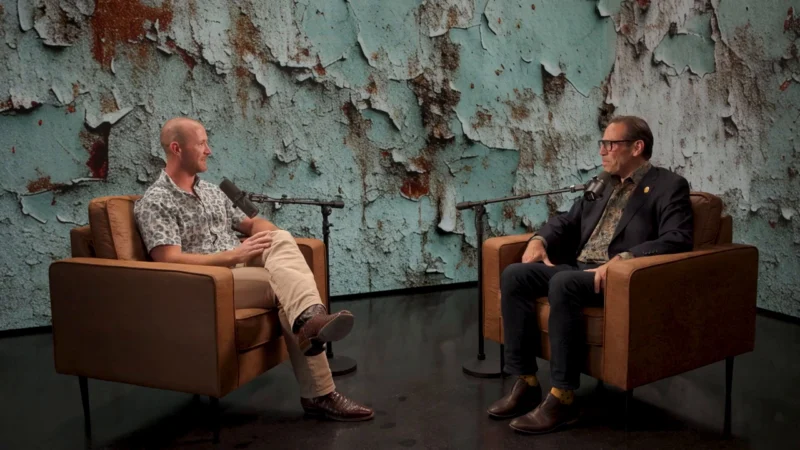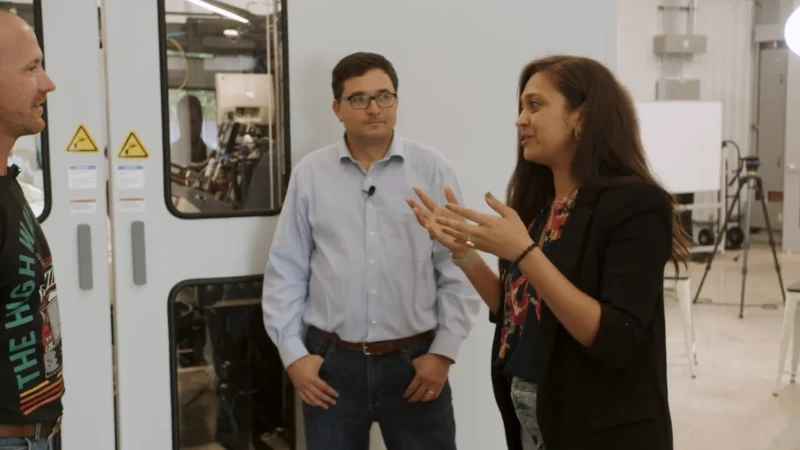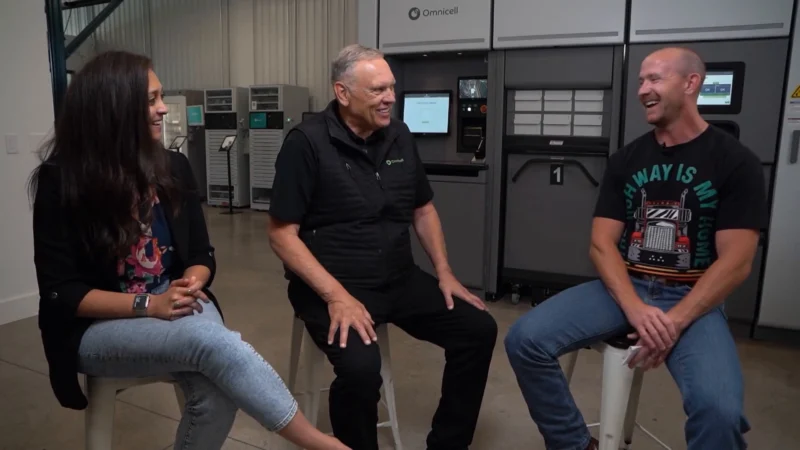The Key to Expanding GI Care? Integrating Tech and Providing Psychological Support
The healthcare landscape is witnessing a pivotal shift towards enhancing patient and provider experiences in gastrointestinal (GI) care. With digestive disorders affecting a significant portion of the population, the urgency to address these challenges has never been more critical. This conversation comes at a time when the need for accessible, comprehensive care is climbing, underscored by the direct healthcare costs and broader impact on workplace productivity for GI patients.
How can healthcare providers and platforms improve access to care and outcomes for patients with GI disorders? This question is at the heart of the latest episode of Highway to Health, where host David Kemp engages Randy Forman, Chief Commercial Officer at Oshi Health, in a conversation on the innovative approaches being adopted to transform GI care. The dialogue centers on Oshi Health’s commitment to delivering services that address the comprehensive needs of the GI patient community, leveraging technology and multidisciplinary care models to enhance access, experience, and outcomes. The two discuss…
- The critical role of telehealth in expanding access to specialized care, especially in underserved areas.
- The importance of integrated care models that include dietary and psychological support, traditionally underutilized in GI care.
- Strategies for overcoming the challenges posed by the current healthcare system, including insurance barriers and the need for more GI specialists.
Randy Forman brings a wealth of experience to the table, with a background in commercial strategy and a deep commitment to improving healthcare delivery. His work at Oshi Health is at the forefront of addressing the complex needs of patients with GI disorders, aiming to provide holistic, accessible care that transcends traditional healthcare boundaries.
Article written by MarketScale.




